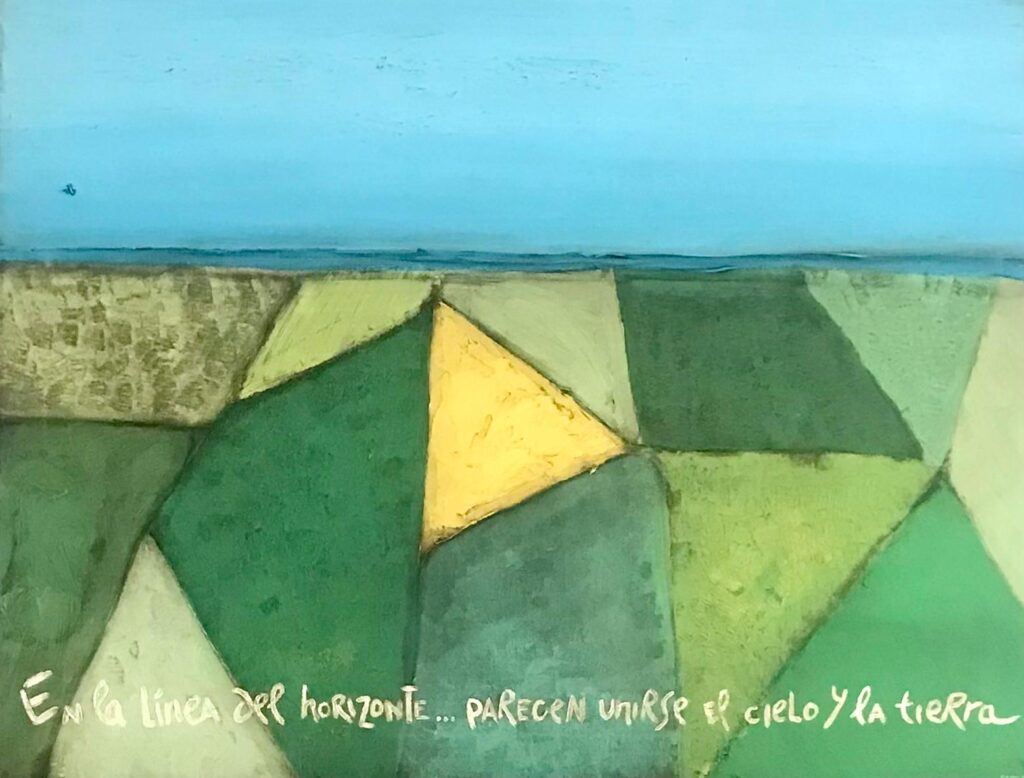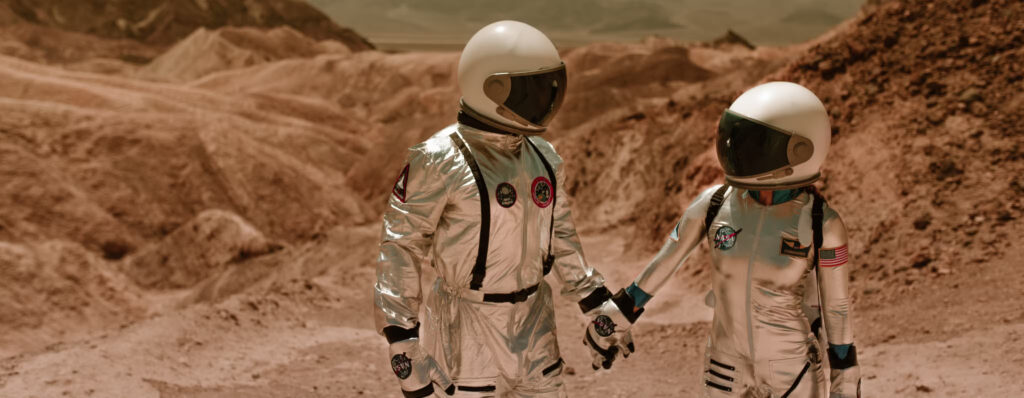Basic omission in the Cabrini film
I’m sure the Monteverde movie: Cabrini. An Italian woman does not leave anyone who sees her indifferent. Simply put, the first sequence shows a drama that permeates all of its footage, maintaining the rhythm and the viewer’s interest. I am not going to express myself as a film critic, which I am not, but as […]

I’m sure the Monteverde movie: Cabrini. An Italian woman does not leave anyone who sees her indifferent. Simply put, the first sequence shows a drama that permeates all of its footage, maintaining the rhythm and the viewer’s interest. I am not going to express myself as a film critic, which I am not, but as a religious and hagiographer, author of two saints’ books, one of which Exaudi offers daily. And I fully agree with other people who have appreciated a very important gap in this film which, let it be said in advance, has a quality that other films that have chosen as leitmotiv biographies of those who were elevated to the glory of Bernini do not possess.
However, it is important to be clear that the origin of Mother Cabrini’s works and the struggle she had to carry out to materialize them, which is what, according to her director, she was fundamentally interested in highlighting, cannot be understood without faith, a gift by which goes on tiptoe. It was not power or ambition, accusations that this holy founder, among many others, received during her lifetime, and that are not omitted in the film. She would not have been able to carry out the imposing mission she developed without a continuous state of prayer. She is never seen in a praying state. She does seem to reflect in front of a mirror or look into infinity in the open field or other places chosen by the filmmaker. The viewer has to interpret the hidden meaning in these sequences because they are not explicit. There is no trace in the film of the gestures of a saint who does face with strength the recalcitrant and unjust refusals that his requests to help the helpless receipt, and the insults that are poured on them and their spiritual children, throwing mud on an impeccable work that produces admiration, it is because he is loving Christ with all his being, because he lives embracing the cross; He sees his face in others, especially those who appear to be enemies. The viewer has to take it for granted and that is saying a lot because not everyone who sees the film is a believer and practitioner.
The saints, men or women, children, adults or the elderly, understand, forgive, live with patience to all misfortune, never break down and show a truly supernatural strength, because it is. It does not spring from themselves. It is not the result of character, although they also have it, like Mother Theresa of Calcutta and many others; He gave them the authority they needed to support the foundations they built and their spiritual sons and daughters.
If it is a license from the director who, temporizing with the ideologies of the moment, and making a concession to the gallery, offers the life of a heroine, he may simply not realize it, but he is equating her to other heroes that the big screen. If the biography of the saints has something that those who are not saints do not have, it is not so much their work, since there are many others who have gone through life as great winners for the empire they built. This is the case of Rockefeller, who is mentioned at the end of the film Cabrini. And this magnate, like the others, did not act moved by a divine spring. Mother Cabrini, yes. That’s the key. And in the midst, by the way, of a broken health, in such a way that one of the particularities of that action of God in her life was seeing it dilated to a point that the doctors who had put a short end period on it never suspected.
Drive, courage, apostolic daring… were not lacking in her or in any of the members of the holy life who, dilating time, were architects of authentic deeds. There she is, without going any further, the Brazilian saint founder Dulce Lopes Pontes: With a respiratory capacity of 30% almost all her life, she launched an impressive hospital network, shelters, schools, libraries, Catholic workers unions and a long etcetera that cannot be understood without divine intervention. Therefore, the works of the saints separated from the grace of God, from the influence of the Holy Spirit, no matter how amazing they may be, would not become reflections of heaven on earth, as in fact they are. They manage to change history and encourage countless people to join this company. And what happens to them is what the founder of the Ident missionaries, Fernando Rielo, told his spiritual children: “The world will be yours to the extent that you belong to Christ.” And Mother Cabrini, wow she was! That is why the world fell short of offering it to him, who is the most powerful desire and reason for living of all the saints, and through which they overcome every calamity made of embers of love and hope.
In my view, that strength is missing in Monteverde’s film which, as has been said, while praising Cabrini’s bravery and audacity, has neglected to delve deeper into the faith that originated it; it barely touches it. Therefore, it is possible that only the amazement remains in the viewer, but it does not touch the deepest fibers of her heart.
Related

Emilio Girón: Stubbornness and Tinto de Verano
Exaudi Staff
30 March, 2025
5 min

Facing Divorce as a Christian Couple
Laetare
28 March, 2025
2 min

Mars Colonization: Technological Progress or Threat to Human Dignity?
Observatorio de Bioética UCV
28 March, 2025
9 min

The Good Smell of Coffee
Edistio Cámere
27 March, 2025
3 min
 (EN)
(EN)
 (ES)
(ES)
 (IT)
(IT)

